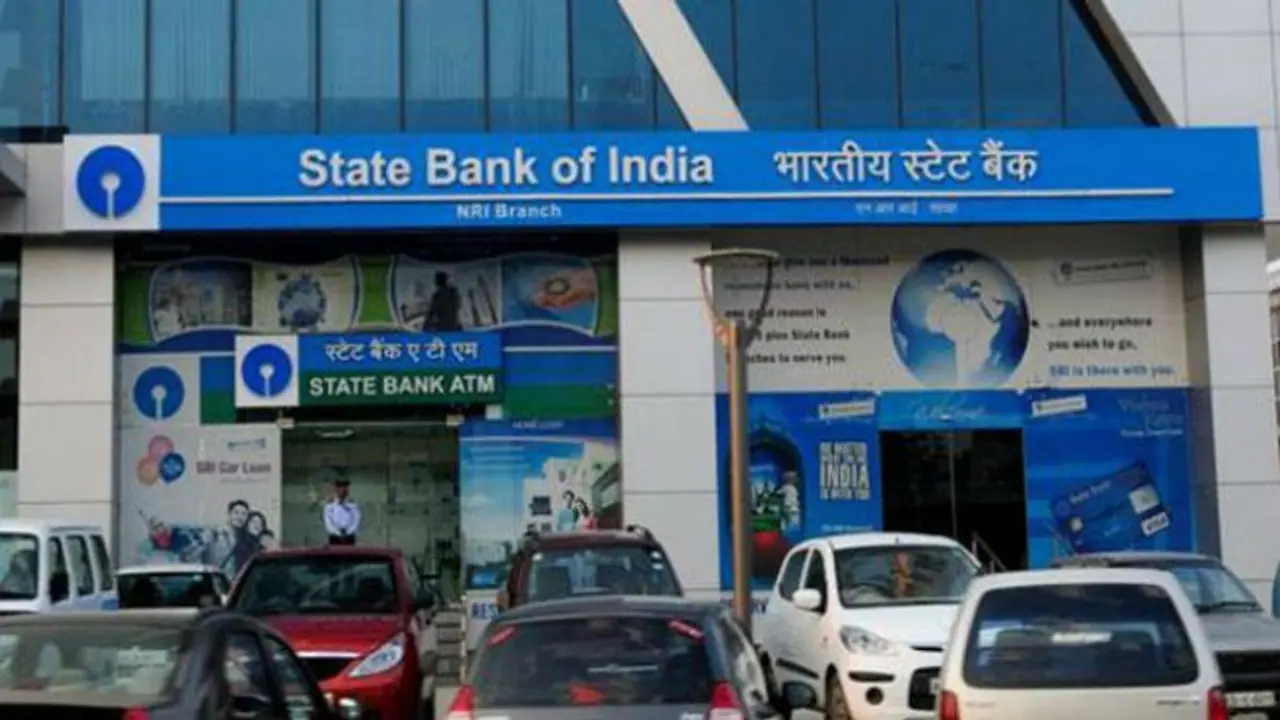Last week, ATMs governing body warned that nearly half of the 2.38 lakh machines run the risk of closing down due to regulatory compliance changes suggested by RBI
New Delhi: ATM (automated teller machine) service providers across the country has said that it would rather shut down nearly 50% ATMs operational across India than bear the massive cost it will incur in complying with the new ATM management guidelines.
The Confederation of ATM Industry (CATMi), the Mumbai-based trade association of makers, operators, and outsourcers of cash machines, said there are 2.38 lakh cash machines, of which 50% can close down by March. These will include one lakh off-site ATMs and a little over 15,000 white label ATMs. White label ATMs are those which are set up, owned and managed by non-bank entities.
The ATM industry thinks there is no option but for banks to “step in to bear the load of the additional cost of compliances”.
What’s the problem
- In April, RBI said cash-in-transit companies involved in ATM replenishment services, cash pick-up and cash drops, should have a net worth of at least Rs 100 crore and a fleet of 300 vehicles, among other requirements.
- But operators say maintaining ATMs is already a costly business and the earnings are not so big.
What are the new guidelines?
- The ATM service providers need to maintain at least Rs 100 crore all the time.
- They should have a fleet of at least 300 specifically fabricated cash vans (owned or leased).
- They should be equipped with CCTV cameras and GPS, wireless communication, and hooters.
- Two custodians and two armed security guards should always man the cash van.
- The ATM operators must use lockable cassettes in their ATMs which need to be swapped at the time of cash replenishment.
What is all of this likely to cost?
- According to industry estimates, the cost of cash transits is currently Rs 9,000-10,000 per ATM per month.
- The new norms notified by the Ministry and RBI would add another Rs 3,900 per ATM per month.
- Moving from the existing system of cash replenishment will raise the additional cost per ATM per month by another Rs 1,000.
What are the banks saying
- At present, banks charge each other an “interchange fee” of Rs 15 for every cash transaction and Rs 5 for every non-cash transaction
- Banks recover this fee from customers. The ATM service providers get Rs 8-9 on average per transaction.
- The ATM industry wants the interchange fee to be raised from Rs 15 to Rs 24, but public sector banks are against the move.
- High customer banks such as State Bank of India had at one time charged up to Rs 25 for an ATM transaction, but were forced to bring it down to Rs 15 after customers protested.
- RBI too hasn’t been comfortable with charges being increased periodically.
What will the effects
- A large number of these ATMs in the rural areas and in tier 4 and tier 5 cities could close down. This would increase customer visits to bank branches by an estimated 30%.
- Financial inclusion programmes, which are major draws under the Modi government, would be severely impacted as millions of beneficiaries under the Pradhan
Mantri Jan Dhan Yojana (PMJDY) scheme, who withdraw subsidies in form of cash through ATMs, can face problems. - The closure of ATMs would lead to considerable job losses on a whole
- The situation could be similar to the post-demonetisation period as cash supply was impacted and remained inconsistent for months.
(With agency inputs)
